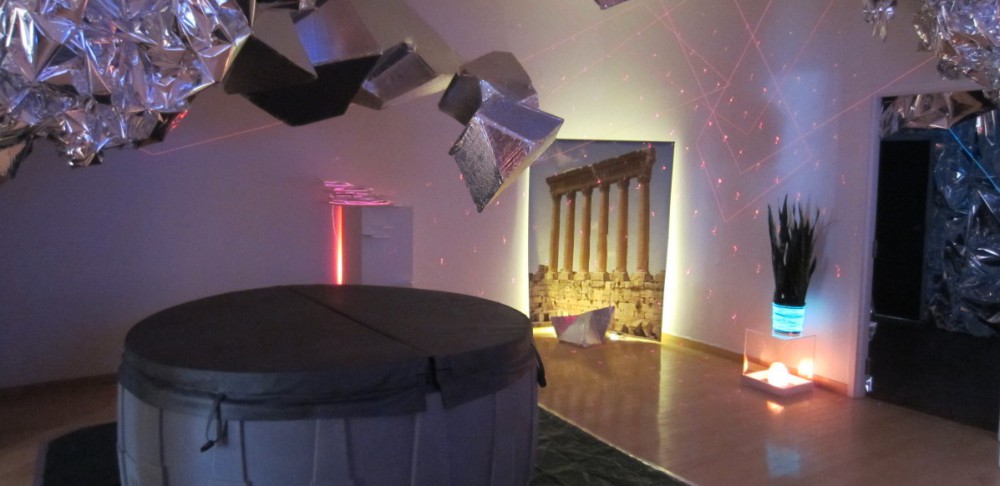There were other worthwhile topics just in these five chapters that I could write papers about. Among them are: the utility and ethics of directly controlling one’s emotions via device, the need to follow status quo as seen by the care taking of animals, mercism, world wars – their causes and consequences, corporate duality, and so on. I feel instead the topic of empathy, how it is used in the story and in our own reality, is a more imperative subject.
Empathy is the catalyst of much of the plot in these first five chapters. It is both a curse and impetus for our character. Iran (pg4 line4) had accused her husband of being a murderer, can be viewed as evidence of guilt. However Iran’s emotions were affected by her ‘mood organ’, which she had purposefully set to make her feel loathsome. This is strange any way you view it, that is until you read the bottom of page 5. Iran explains that she had programmed her machine to induce a severe depression, to harmonize how she views her environment logically with a state of emotion. The emptiness of the apartments and the solitude the Deckards experience day in and day out, seem to have a huge psychological impact on them. Its seems as if that rather than the environment, the fallout, and the sunless sky, what really affects them is the emptiness and solitude of living on earth.
This solitude and ‘silence’ is given a name in chapter two; the void (20:20). Isidore a special or ‘chickenhead’, is a genetic reject by all of humanity. He cannot leave earth due to his mental decline and genetic mutation, and he is shunned by normal humans still living on earth for the same reasons. His state is a sorry one as although he fears the silence, as it reminds him of his forced solitude, he cannot turn on his television; the only ‘noises’ it would produce would be reminders of his rejection. It seems apparent that the concept of the ‘void’ is a type of mental disorder caused by the absence of human interaction. In Isidore’s severe case, his mind visualizes the ‘silence’ with all his senses (20:1-18).
As a side note chapters three to five were very interesting chapters; with way more content than I express in some 500 odd words. In the near future I plan to write more posts on those topics.
Chapter three is more of Rick’s reflection on work. Learning of his superior’s injury at the hands of a new model of androids, he takes it upon himself to familiarize himself with the Nexus-6; in the process reflecting on his outlook on androids. There was a quite few lines in chapter three by Rick that really caught my eye (30:26 -31:23). Rick rationalizes that empathy is a ‘double-edged sword’ that is wielded by groups non-carnivorous entities. In Rick’s point of view is afforded by humans because our sense of empathy allows us a certain connectedness with each other, enhancing our survivability.
The sense of needing to connect and needing to belong is heavily emphasized in these first five chapters. The lack of connectedness leads to apathy. It’s absence apparently leads to a sort of dementia.
This is where Rick’s rational bears some merit; as the ability to empathize elevates peoples emotions it can in turn collectively reduce them.



